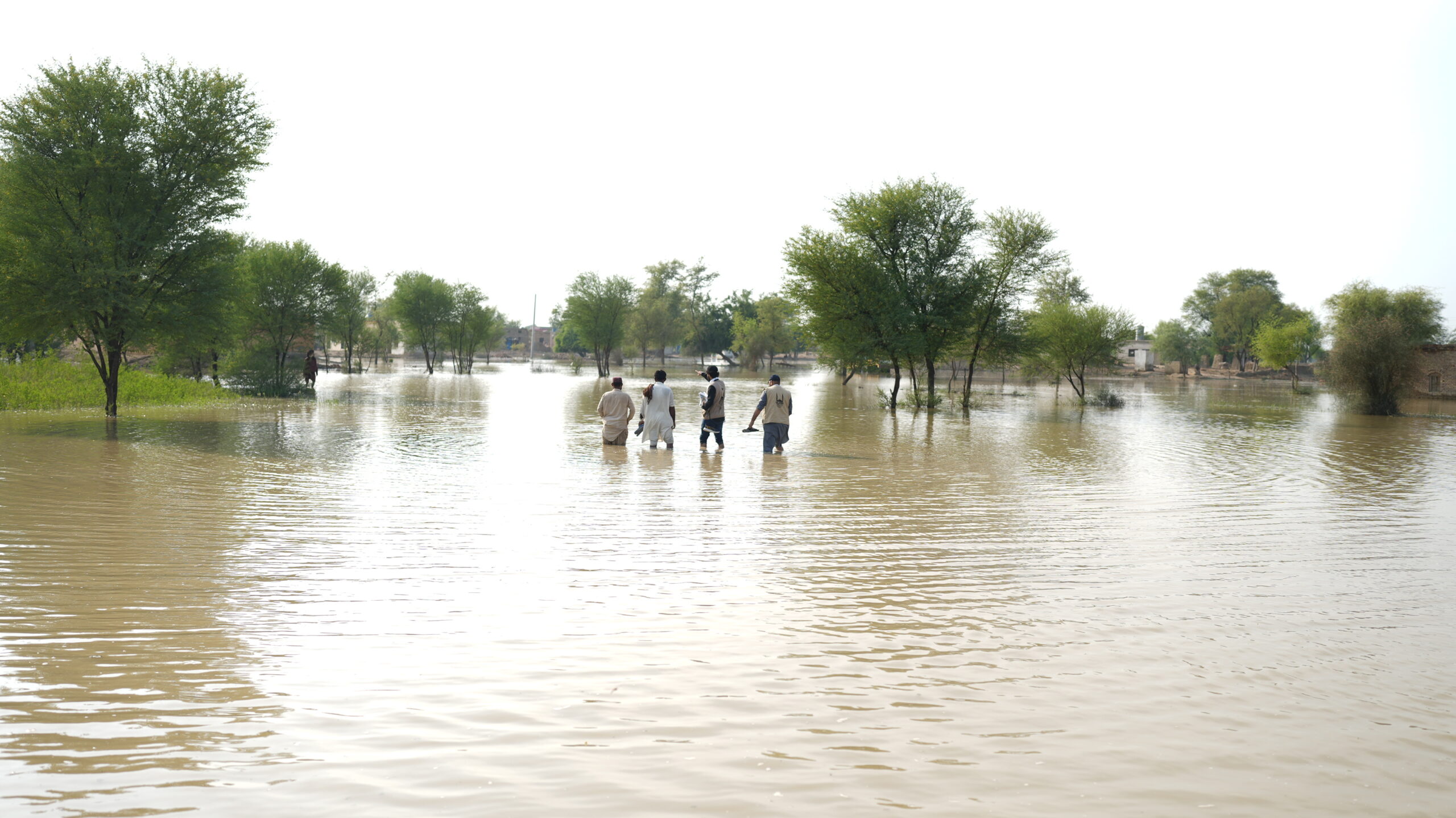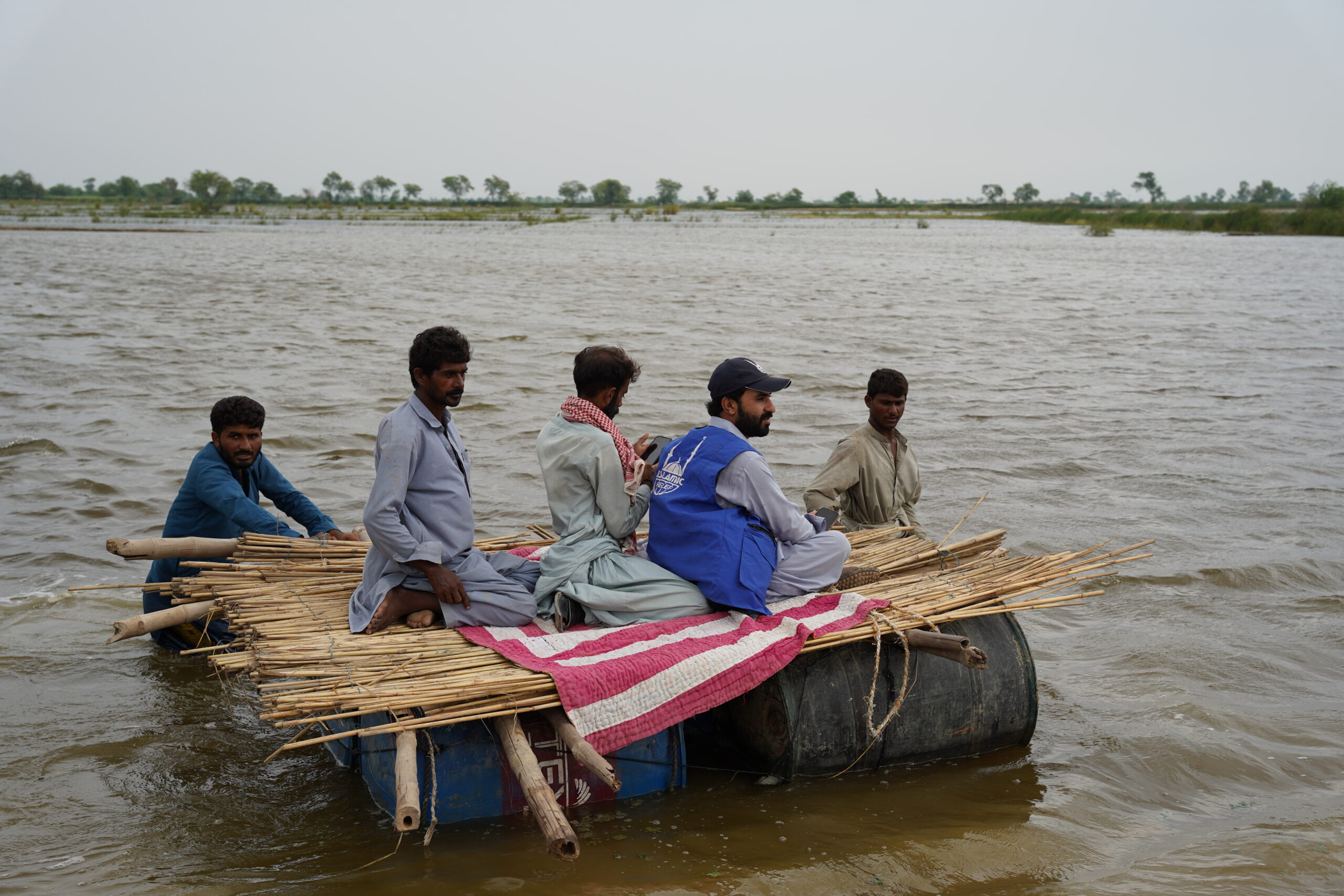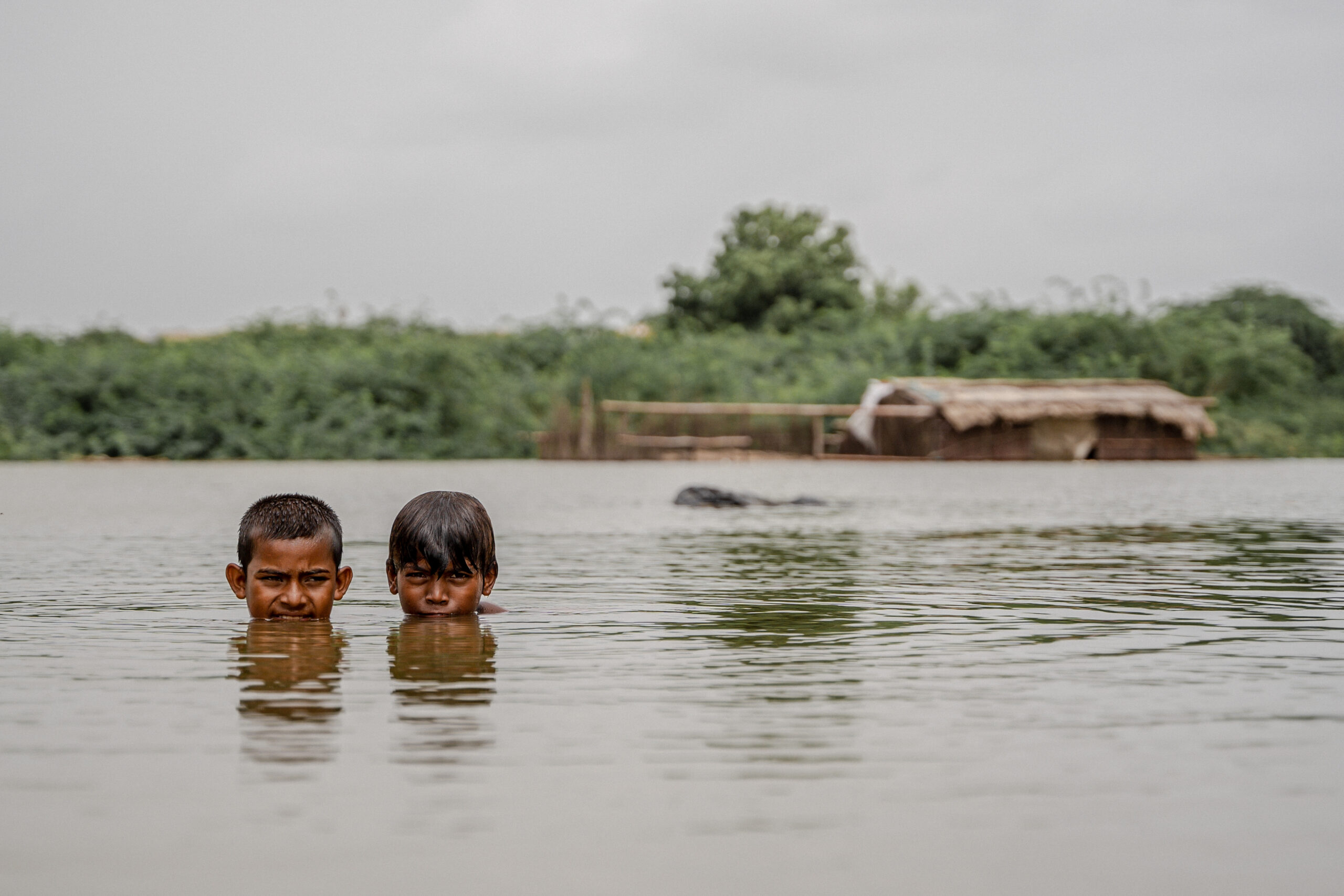Weeks of torrential rains in Pakistan have once again triggered displacement and suffering among communities that were already devastated by the 2022 floods and are still in the process of rebuilding their lives and livelihoods, Islamic Relief says.

At least 306 lives have already been lost and over 117,000 people affected, according to Pakistan’s National Disaster Management Authority (NDMA) – and these numbers may keep rising with heavy rains forecast to continue for the coming days. The rains have unleashed a series of catastrophic events including flooding, landslides and Glacial Lake outburst floods (GLOFs), causing severe damage to vital infrastructure. More than 20,000 homes, 35 bridges, 8 schools and key roads have been damaged so far. Urban areas face the collapse of sanitation systems, increasing the threat of waterborne diseases, while healthcare in rural settlements is on the brink of failure. Women and girls, already trapped in cycles of gender-based violence, are particularly vulnerable, with the floods amplifying their suffering and exposing them to even greater risks.
Asif Sherazi, Islamic Relief’s Country Director in Pakistan, says:
“These recurring floodwaters have forced thousands of families across the country to grapple with more disease, displacement, and death. We are once again facing the harsh reality of climate change in Pakistan. The 2022 floods taught us that the emergency didn’t get enough attention until it was too late, and that a ‘business as usual’ approach is ineffective in such crises. Although our disaster preparedness and contingency planning have improved, the real test of our capacity will come if this situation escalates into a mega disaster. During these difficult times, Islamic Relief Pakistan is responding to the most pressing immediate needs such as water, food and tents.”

Islamic Relief Pakistan is working closely with governments and partners to provide lifesaving assistance to people affected by the floods. In South Punjab and Balochistan, Islamic Relief has provided emergency shelters, hygiene kits, food packs, cooking utensils, dignity kits and other lifesaving items to over 3000 people and is supporting the relocation of affected people to safe and less flood-prone areas.
Pakistan has seen erratic changes in its weather patterns in recent years, which scientists have blamed on climate change. This year, Pakistan recorded its wettest April since 1961, with 59.3 millimeters of rainfall, while some areas of the country faced deadly heat waves in May and June. Unusually high temperatures have exacerbated the crisis, accelerating snowmelt in the northern mountains.
In 2022, unusually heavy rains triggered the country’s worst floods in decades, killing over 1,700 people, inflicting economic losses of around $30 billion, and affecting at least 30 million people.

Authorities have forecast more rains till 5th of September in various parts of the country. In Balochistan the Provincial Disaster Management Authority (PDMA) has announced 10 districts as calamity-hit including Kalat, Sohbatpur, Ziarat, Lasbela, Awaran, Kachi, Jaffarabad, Usta Muhammad, Loralai and Chagai.